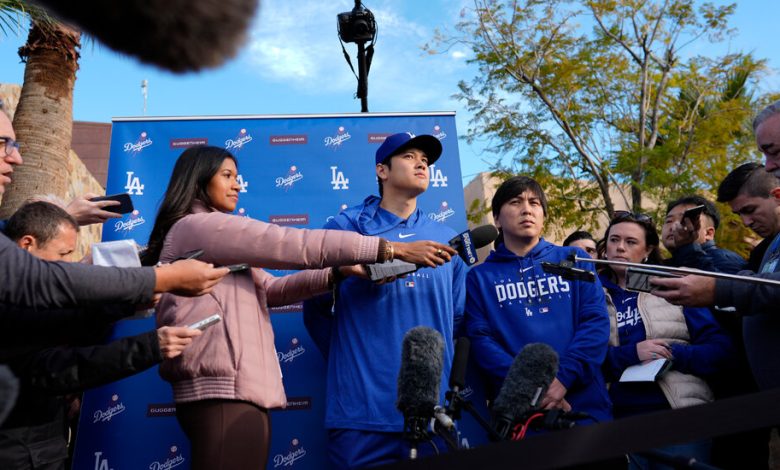Leagues Have More Than Just Players to Watch on Gambling

Sports leagues of all shapes and sizes have barreled headfirst into gambling in the six years since the Supreme Court struck down a law that limited wagering on games to Nevada. Casting aside decades of resistance, professional leagues have taken millions of dollars from casinos and sports books that are spending heavily to lure new customers. Former no-go zones like Las Vegas are now free-for-alls; the National Football League even held the Super Bowl there last month.
Still, in a nod to the zero-tolerance policies that they once argued in court, the leagues continue to claim that their priority when dealing with gambling companies is protecting the integrity of their games. That means penalizing any players or coaches who bet on their sport and, in some cases, on any sport. Wagering on the games, the thinking goes, would give them incentive to affect the outcome in a potentially underhanded way, like shaving points.
The larger risk for the leagues, though, may come from people adjacent to the players and coaches. On Wednesday, reports surfaced that the interpreter for Shohei Ohtani, the Los Angeles Dodgers slugger and pitcher, was fired by the Dodgers after being accused of stealing millions of dollars from the player to place bets with an allegedly illegal bookmaker who is under federal investigation.
The details of the Ohtani situation remain very murky. But he and the interpreter, Ippei Mizuhara, have been close for years, and it raises the uncomfortable question of whether Mizuhara could have used inside knowledge about Ohtani to benefit his gambling. Who better to know, for instance, if the star had a sore knee or shoulder on the day he was scheduled to pitch?
A spokesman for Major League Baseball said the league was still gathering facts about the case.
Robert Williams, executive director of New York State Gaming Commission, said gambling by members of a player’s or team’s entourage using inside information was not only one of the biggest threats to the integrity of sporting events but one of the toughest to police.
“Where you’re going to have your issue is if a player’s first cousin twice removed or a friend knows something about injuries to a player or players — or, worse, somehow can influence a player’s performance, like missing a free throw,” Williams said. “I don’t think anyone is confident that we can catch all of that.”